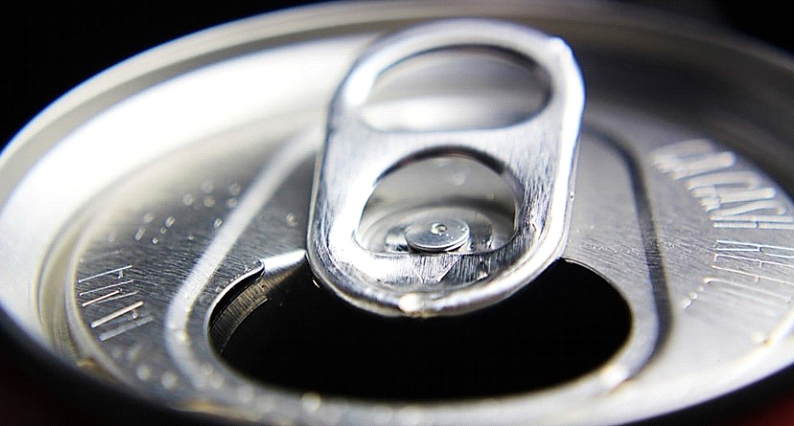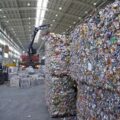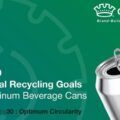According to Crown Holdings, these developments are essential to keep pace with the ever-increasing demand for beverage cans worldwide. Crown Holdings says these global recyclability improvements are essential to accommodate the increase in global demand for beverage cans.
According to a study conducted by Crown Holdings, Inc. and the International Aluminum Institute (IAI), it is estimated that improving beverage can recycling practices in six countries around the world could reduce global CO2 emissions by up to 60 million metric tons by 2030. This study, conducted by third-party global consultancy Roland Berger, identified 20 short- and long-term measures to strengthen recycling systems and increase the recycling rate of beverage cans in several countries, including Vietnam, Thailand, Cambodia and the United Arab Emirates, where Crown Holdings has a presence.
Crown Holdings states that further advances in technology and recycling systems are necessary to adapt to the growing global consumption of cans. According to their estimates, a 50% increase in can consumption is expected between 2020 and 2030, which will generate millions more tons of waste.
That is why it is important to have stronger recycling systems globally to ensure that the aluminum used in cans can have a circular life cycle and not end up in landfills. This not only helps to preserve natural resources, but also reduces energy consumption and emissions associated with the production of new materials. In addition, implementing measures to reduce the carbon footprint of the process would enhance the already existing sustainable properties of the can format: its infinite capacity to be recycled, the high recycled content used and its quick turnaround time to be recycled again.
“The carbon reduction potential of recycling cannot be underestimated; recycling has a very important role to play in the overall decarbonization of the aluminum industry, because recycling currently emits 0.6 metric tons of CO2e per metric ton compared to 16.6 metric tons of CO2e per metric ton for primary aluminum,” said Marlen Bertram, IAI’s director of scenarios and forecasting. “This report highlights key improvement levers to increase those recycling rates, including increased awareness of the benefits of aluminum can recycling, investment in infrastructure and improved waste streams.”Bertram added.
The report focused on evaluating waste management and regulatory schemes, as well as collection infrastructure, recycling rates and landfill management in each country. Several missed opportunities in current recycling systems were highlighted, such as closing the gap between collection and full recycling of cans, understanding why some cans end up in landfills despite the success of the recycling system in the region, and addressing challenges such as lack of access to recycling or poor infrastructure for trade and waste tracking.
The report analyzes possible improvements in certain areas and proposes strategies for advancing progress in each country. Based on this assessment, Crown and the IAI will collaborate with local partners in the United Arab Emirates and the Asia Pacific region who can help increase awareness and investment regionally. Joint action will not only benefit the achievement of higher recycling targets worldwide, but will also help drive changes in regulatory standards, meet the demands of consumers and beverage brands, and move the industry toward a more sustainable model. The key to achieving this progress will be the support and implementation of specific policies that establish guidelines and limits in each region.
According to Crown Holdings’ director of sustainability and external affairs, Sandrine Duquerroy-Delesalle, the superior recyclability of aluminum beverage cans motivates them to continue raising awareness and developing infrastructure to increase the recovery rate worldwide. Through research conducted in collaboration with the International Aluminum Association and Roland Berger, effective actions have been identified in four key markets that everyone involved in the supply chain must take responsibility for implementing. To achieve continued progress, it is essential that governments recognize their critical role in establishing appropriate policies and provide legislative support to achieve the goals of reducing the carbon footprint through the increased use of recycled aluminum in both the short and long term.
Finally, Crown will also continue to focus on these efforts as part of its larger Twentyby30 sustainability program, which aims to achieve 20 measurable goals by or before 2030.














